A brand’s visual identity encompasses all the elements that represent your business in a visual form. Nowaday building a professional brand visual identity is more critical than ever before. Your brand’s visual identity serves as the face of your company, making it the first point of contact with potential customers. It’s not just about logos and colors; it’s about creating a memorable and compelling brand image that communicates your core values, mission, and unique selling points.
In this article, we’ll explore the significance of a professional branding visual identity, its key components, and how to create one that resonates with your target audience.
You may be interested in the following articles as well.
- 20+ Best Halloween Fonts
- 30 Best Modern Serif Fonts For Designers
- 15+ Creative Brochure Templates That Will Make a Lasting Impression
- 15+ Simple Minimalist Business Card Templates
List of Brand Visual Identity Desgins
Why a Professional Brand Visual Identity Matters
- Differentiation:
In a crowded market, having a unique and well-defined brand visual identity is vital. It sets you apart from the competition and helps potential customers remember you.
- Credibility and Trust:
A professionally designed visual identity conveys credibility and trustworthiness. Consumers are more likely to engage with brands that appear polished and reliable.
- Consistency:
A consistent visual identity creates a cohesive and memorable brand experience. It ensures that your brand is instantly recognizable across various platforms and touchpoints.
- Emotional Connection:
An effective visual identity can evoke emotions and establish a deeper connection with your audience. When people feel connected to your brand, they are more likely to become loyal customers.
- Communication of Values:
Your brand visual identity can communicate your company’s values, mission, and personality. This helps your target audience align with your brand if they share similar values.
Building an Effective Brand Visual Identity
Creating a professional brand visual identity is a meticulous process that involves several steps. Here are the key components and considerations:
1. Define Your Brand:
Before designing any visual elements, you must clearly define your brand. This involves understanding your core values, mission, target audience, and unique selling propositions. The more you know about your brand, the easier it will be to represent it visually.
2. Design a Memorable Logo:
Your logo is the centerpiece of your brand identity. It should be simple, versatile, and memorable. When designing or refining your logo, consider its scalability, as it should look good on business cards as well as billboards.
3. Choose Your Color Palette:
Select a color palette that resonates with your brand’s personality and values. Consider the psychological impact of colors, and ensure that your chosen colors are visually appealing and harmonious.
4. Typography Matters:
The choice of fonts should be consistent with your brand’s character. Ensure legibility and choose fonts that align with your brand’s voice. You may use one font for headings and another for body text, but consistency is key.
5. Develop Brand Guidelines:
Creating a comprehensive set of brand guidelines is essential. These guidelines should outline how to use your visual identity elements consistently across all marketing materials, from websites to social media posts and print materials.
6. Use High-Quality Imagery:
Incorporate images and visuals that align with your brand’s values and appeal to your target audience. Invest in high-quality photography or illustrations to enhance your brand’s image.
7. Consistency Is Key:
Consistency is the cornerstone of a successful brand visual identity. Whether it’s on your website, social media, or printed materials, maintaining consistency in logo usage, color, typography, and tone is crucial.
8. Adapt and Evolve:
A brand visual identity is not static; it should evolve with your brand. As your business grows and changes, consider revisiting your visual identity to ensure it remains relevant and effective.
Brand Visual Identity and Logo Design Examples
In a world filled with many brands trying to get noticed, it’s really important to have a strong and unique look for your brand. A brand’s look is like the first impression it gives to everyone, showing what it’s all about, what it values, and what kind of personality it has. This article will dive into the interesting world of designing a brand’s look. We’ll talk about why it’s so important, what things are part of it, and how it’s a big deal in today’s business world.
Creative Personal Identity

Cura Mental Health Visual Identity
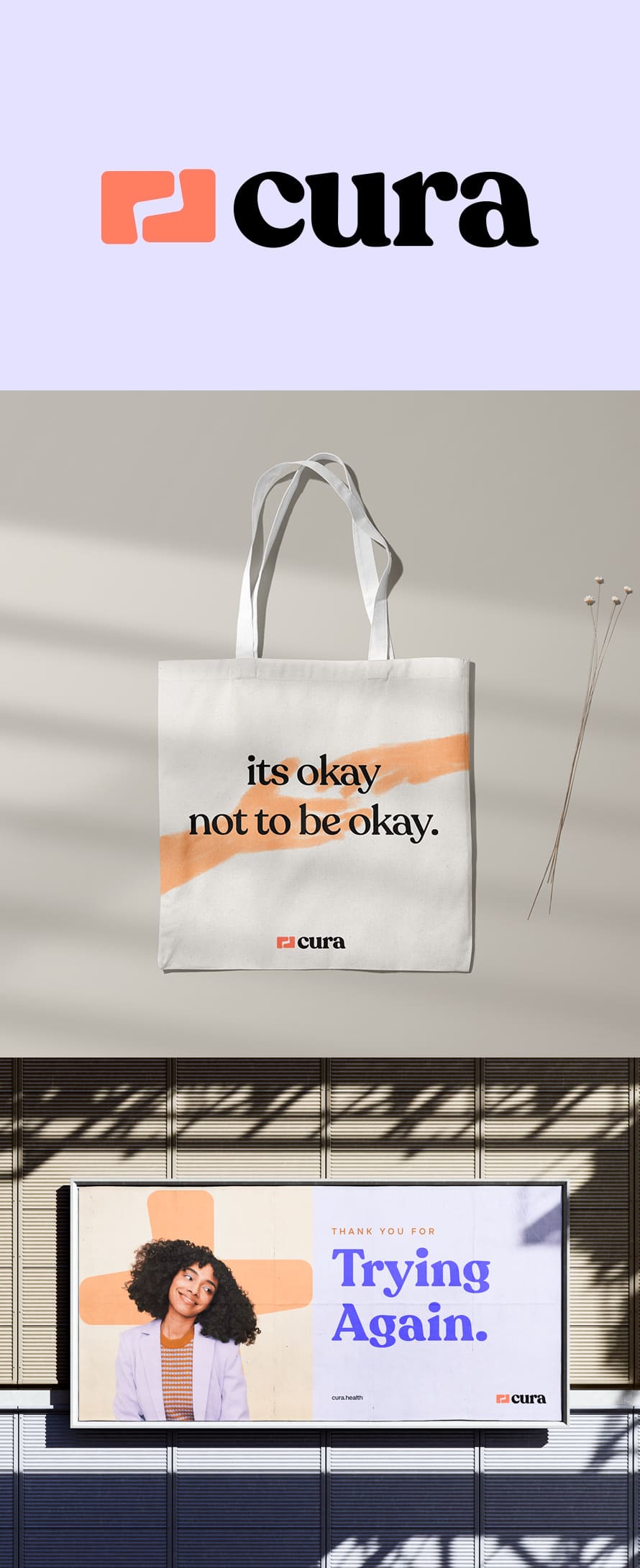
Belnore Branding Visual Identity Design
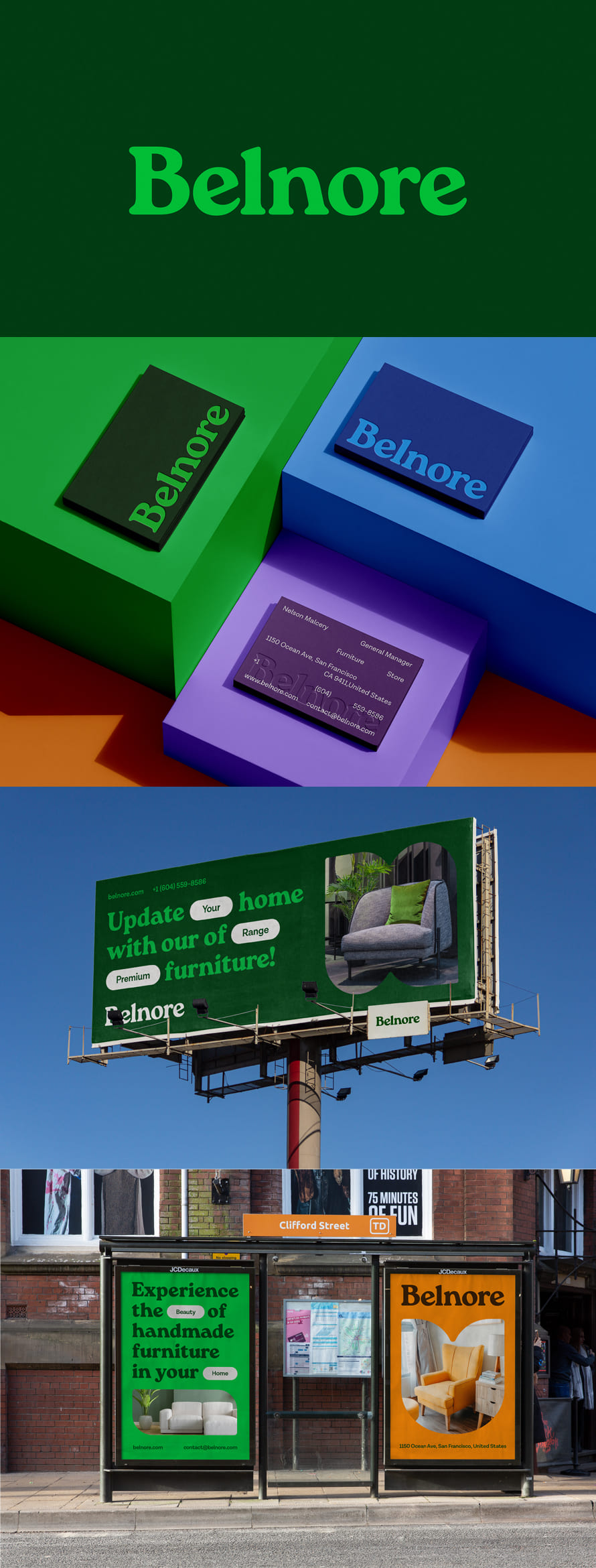
Brand Identity Design
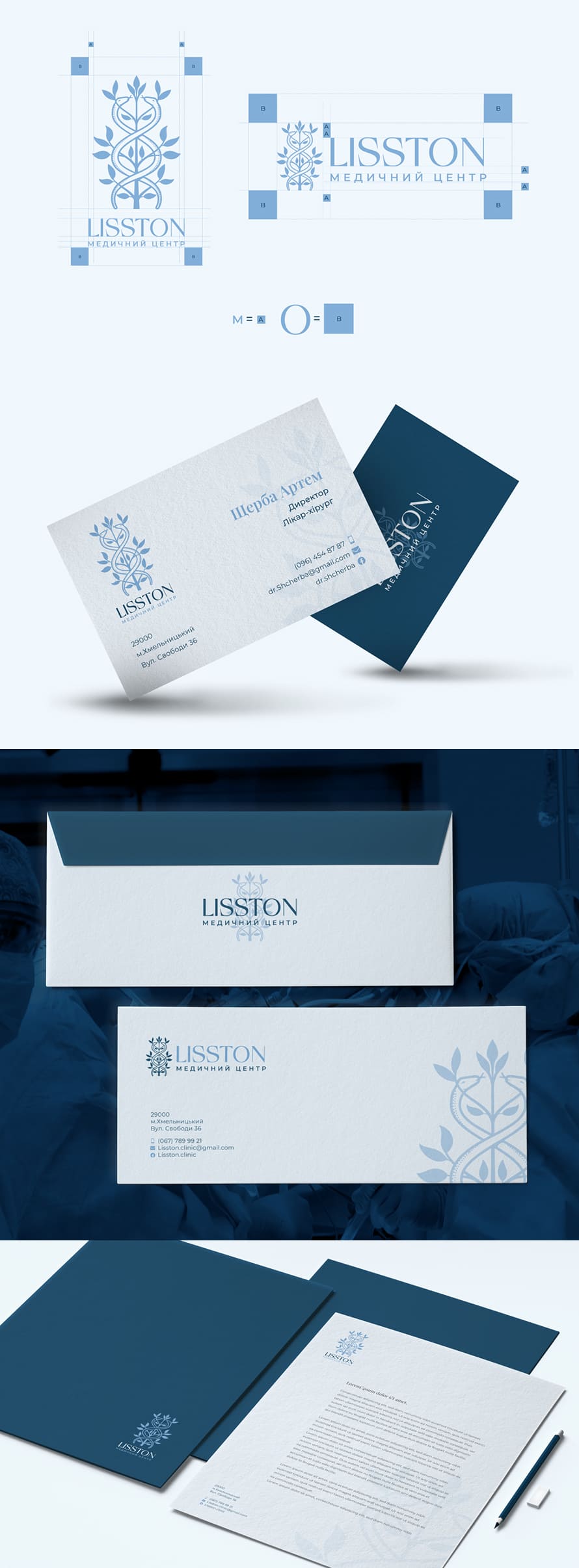
Matcha Moments Branding Identity

Fitup Gym Branding Identity
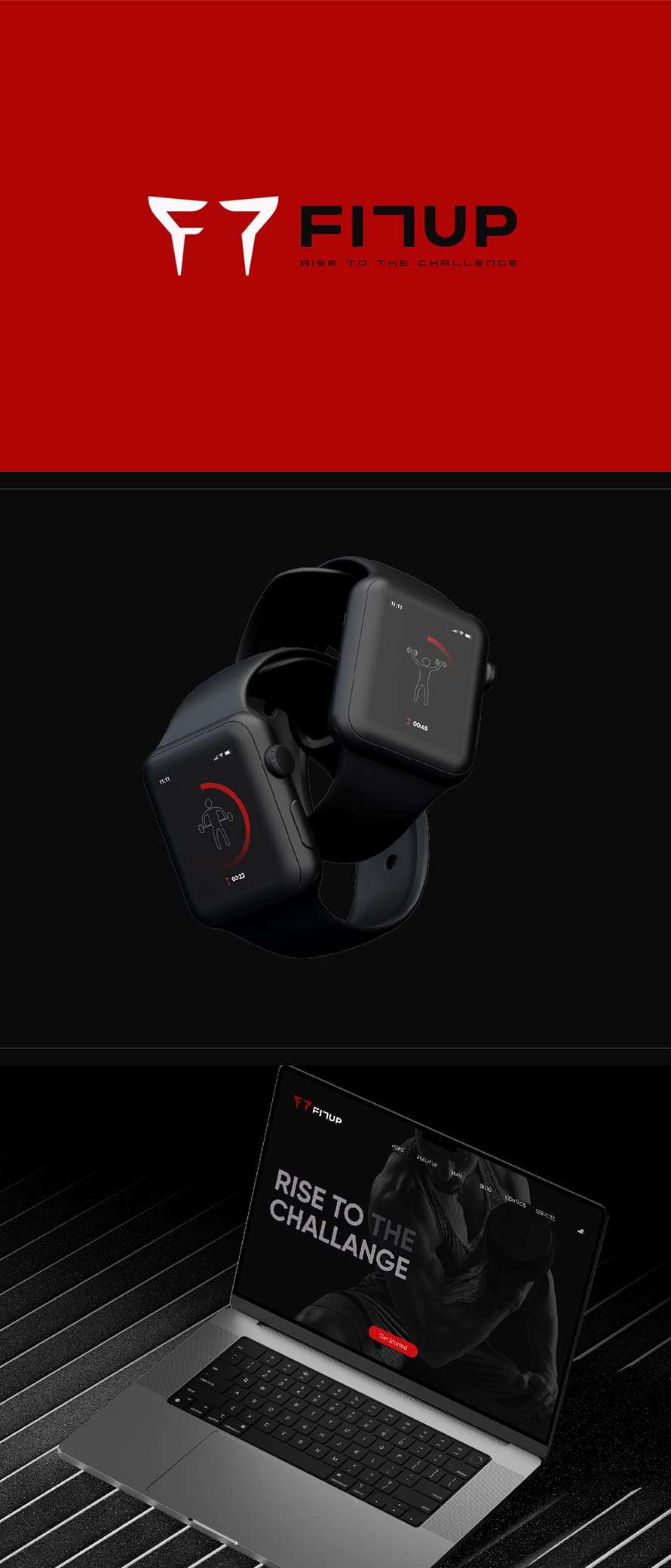
Hipito Branding Identity

Modern Brand Identity

Zevle Brand Identity
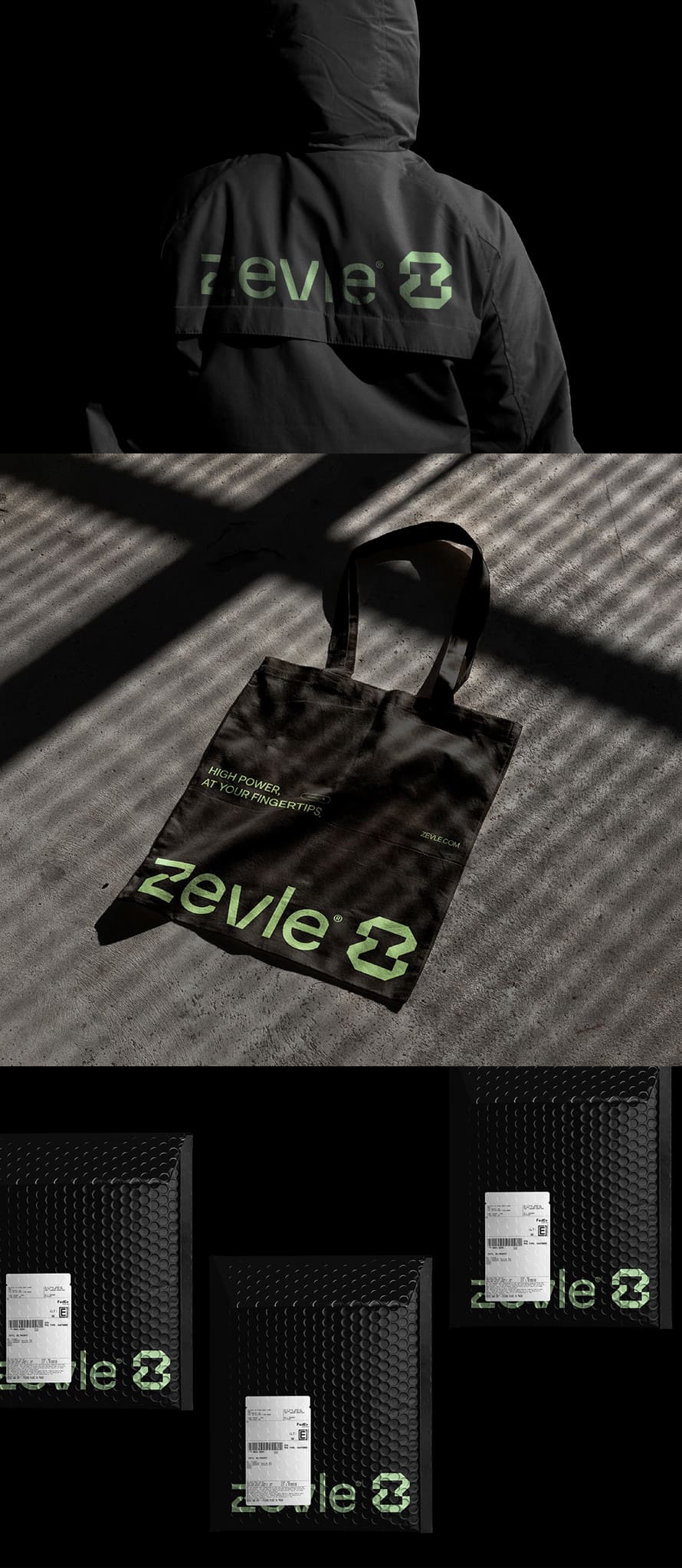
Mila Brand Identity

HMS – Strategic Brand Identity Design
HMS stands at the forefront of health monitoring innovation, revolutionizing the way we care for ourselves and others. Our purpose is to empower individuals and organizations with cutting-edge digital wearables, fostering a healthier, safer, and more fulfilling life for all.
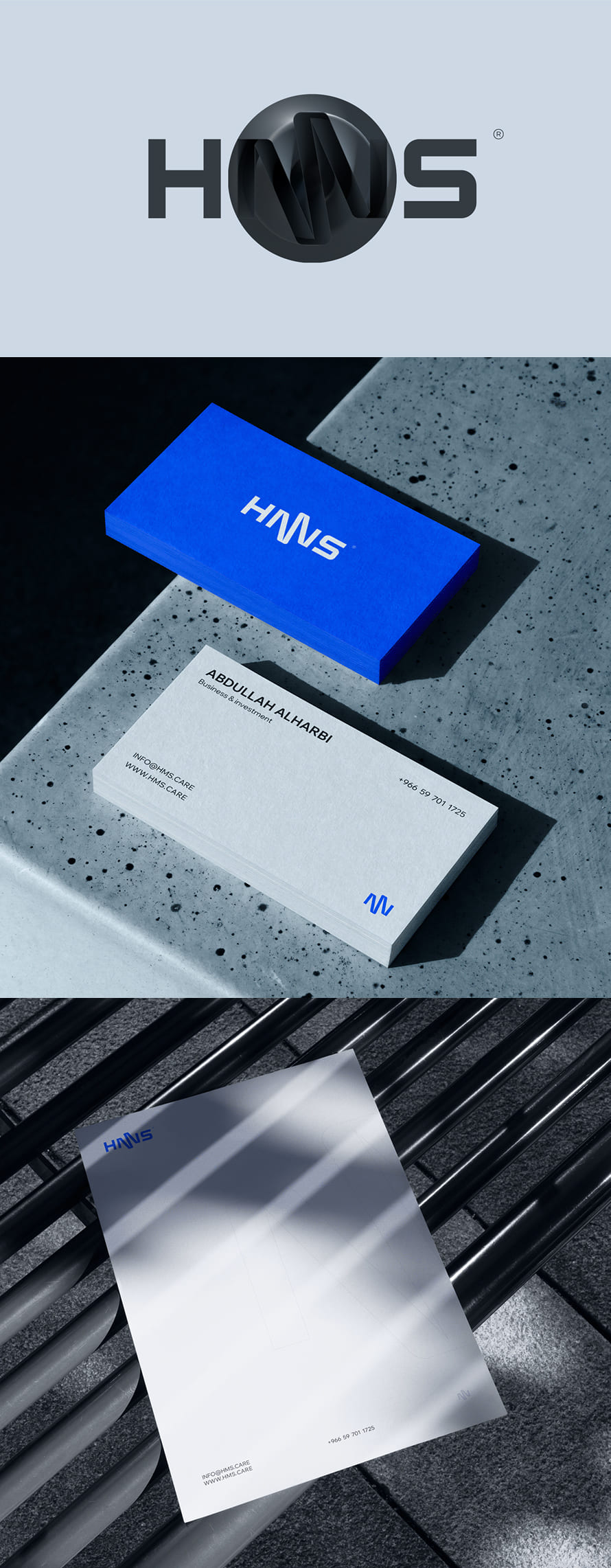
Visual Identity and Packaging
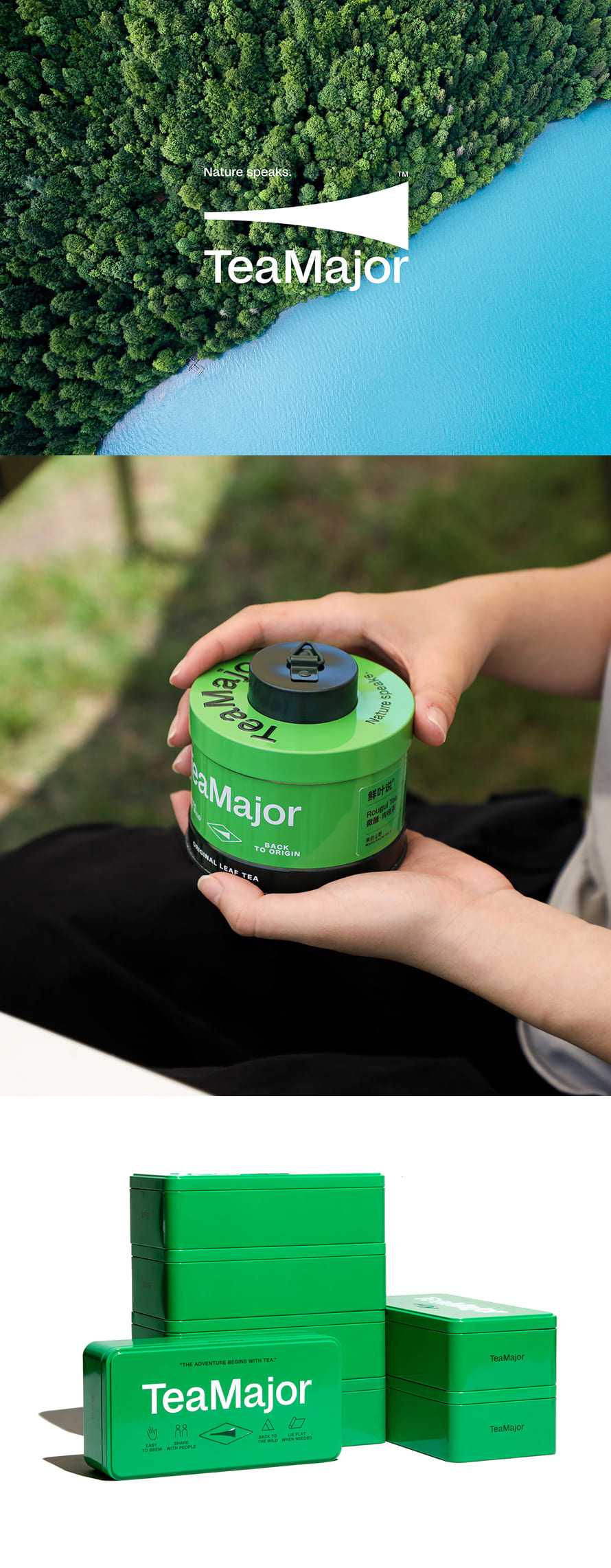
Hovart Brand Identity

Best Logo Brand Identity
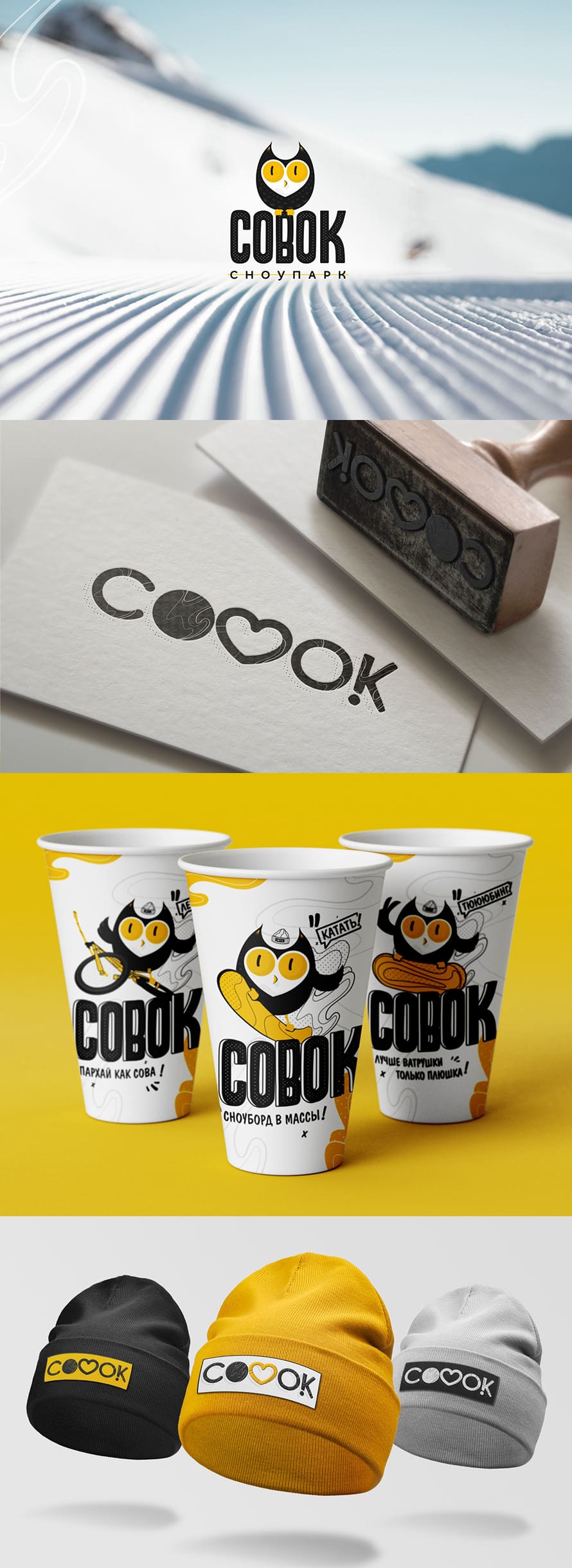
Altertech Brand Identity
A Digital Marketing Dynamo. Our prowess elevates diverse businesses through strategic promotion. At the heart of our ethos lies a distinctive icon-style logo, an epitome of our values and memorability. Lines converge to craft our logo, a triad of elements at an angle. This trinity mirrors our core values – practicality, technology, and unwavering client commitment. Through lines, we weave a narrative that connects and resonates. Printing breathes life into our creativity. Letters “A” and “R” transform into beacons of innovation.

Neohost Logo Brand Identitiy

Heraldic Logo Concept Identity Design

Case Studies: Successful Brand Visual Identities
1. Apple Inc.
Apple’s brand visual identity is synonymous with minimalism, elegance, and innovation. The sleek, bitten apple logo, simple typography, and monochromatic color palette (predominantly white) have remained consistent for decades. Apple’s visual identity reflects its commitment to high-quality products and a seamless user experience.
2. Coca-Cola
Coca-Cola’s iconic logo is recognized worldwide. The bold red and white color palette, combined with classic typography, exudes a sense of tradition and nostalgia. Coca-Cola’s visual identity connects with its long history and timeless appeal.
3. Airbnb
Airbnb’s brand visual identity is a perfect example of a modern, inclusive, and community-driven approach. Its logo represents both a heart and a location pin, symbolizing their core values of belonging and travel. The brand utilizes vibrant and diverse imagery to showcase its global community.
Conclusion
A professional brand visual identity is not a luxury but a necessity in today’s competitive business landscape. It acts as the face of your company, conveying your values, personality, and mission to your target audience. With a well-crafted brand visual identity, you can differentiate your brand, establish trust, create an emotional connection, and effectively communicate your values.
Remember that consistency is key, and your visual identity should adapt and evolve as your brand grows. By investing in a strong brand visual identity, you can leave a lasting impression and build a successful, recognizable brand.






















Good to see a company like Cobok giving some depth to their identity. Most of these examples only remind me that “flat” is still the dominating aesthetic.